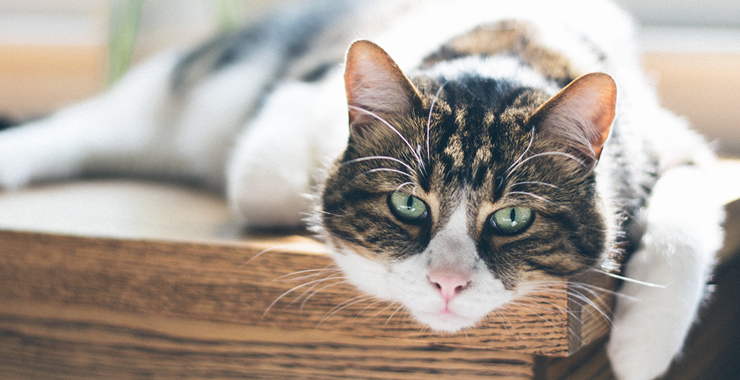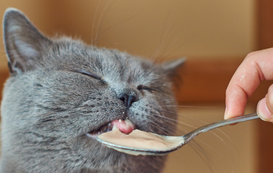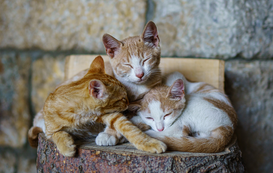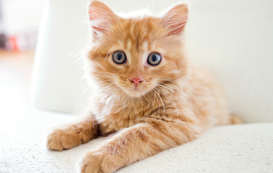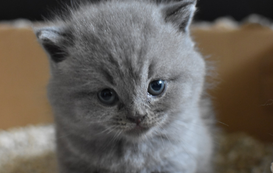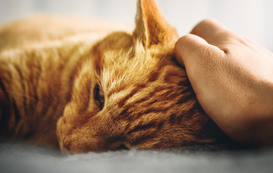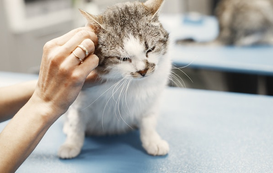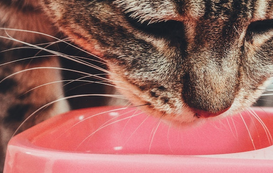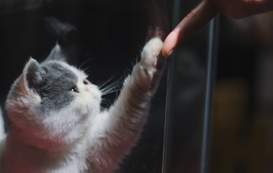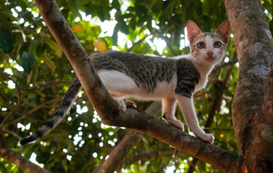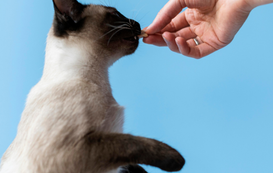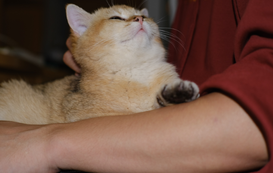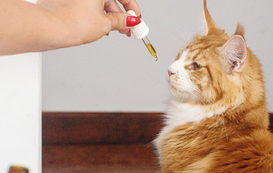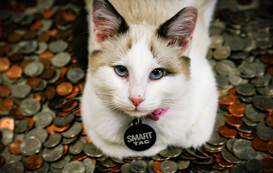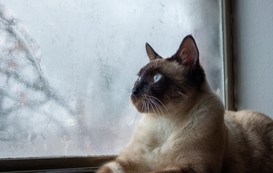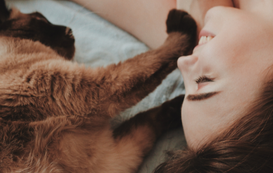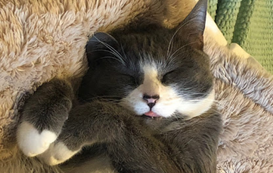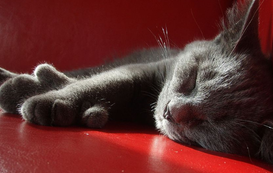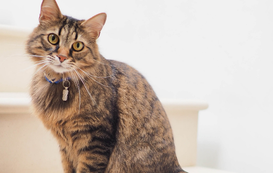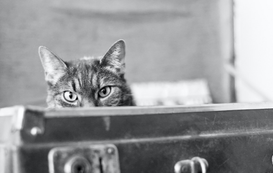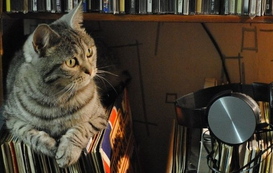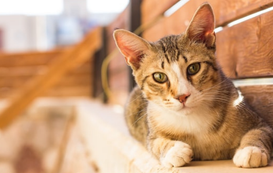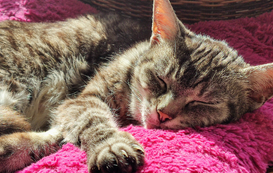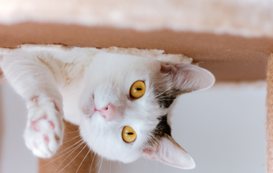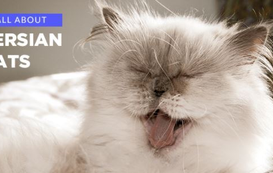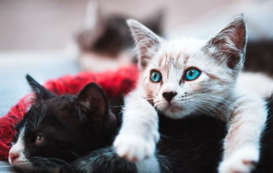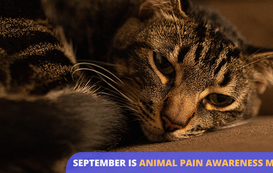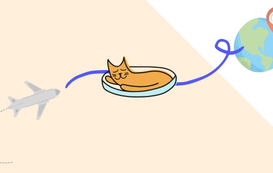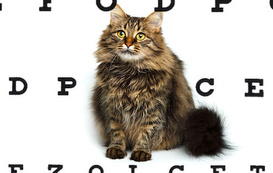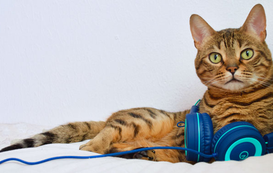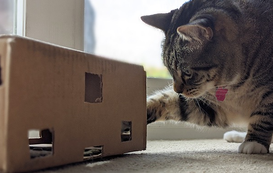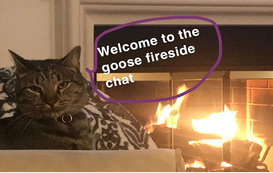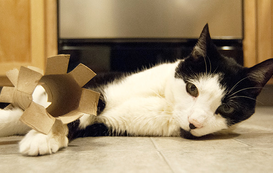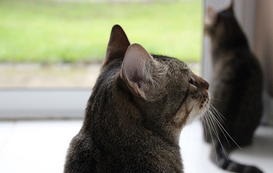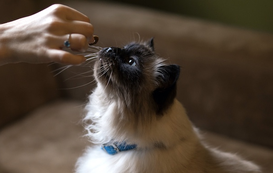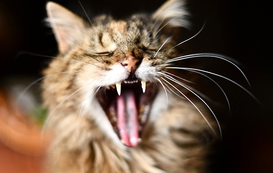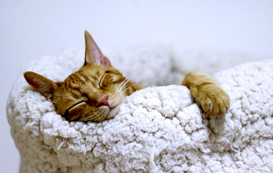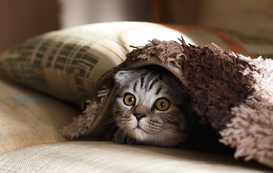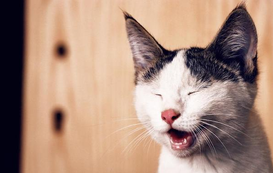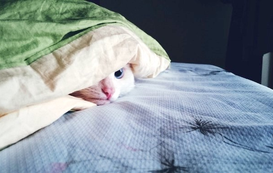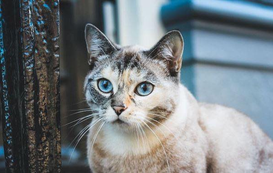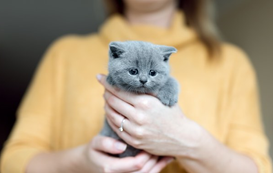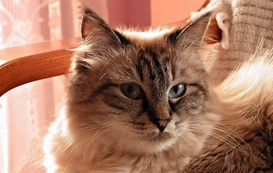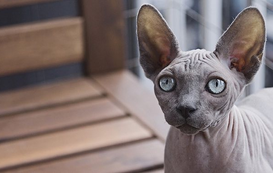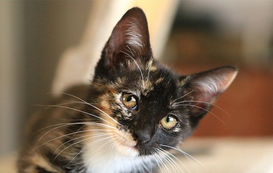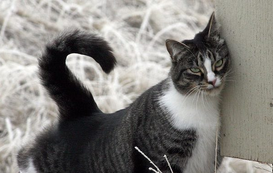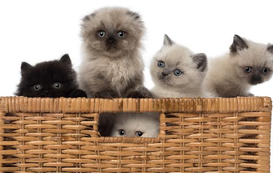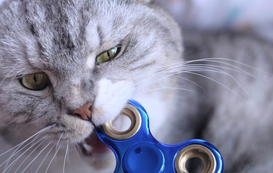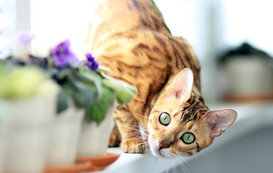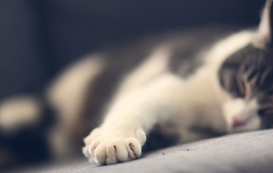If you've ever looked into your cat's eyes and pondered the mysteries within, you're not alone. Cats, with their unique behaviors and enigmatic expressions, have left us humans curious about what truly goes on in their complex minds. Let's take a look into the depths of feline psychology, armed with insights from actual behavior experts and backed by scientific research to unravel the secrets of the feline mind.
The Enigma of Communication: Tail Tales and Expressions
Cats are masters of nonverbal communication, and their tails are particularly expressive. Dr. John Bradshaw, a world-renowned feline behavior expert from the University of Bristol, explains in Cat Sense that a cat's tail position and movement reveal valuable insights into their emotional state. A gently swishing tail often signifies a contented mood, while an upright, bushy tail may indicate fear or agitation. So, the next time you observe your cat's tail language, remember you're witnessing a silent conversation in progress.
Cat Nap Conundrum: Masters of Relaxation
We've all marveled at a cat's remarkable ability to sleep the day away, but what's really behind this dedication to dozing? According to Dr. Tony Buffington, a veterinary clinical nutritionist, cats' extensive napping is a way to conserve energy for their predatory activities. Their sleep patterns reflect their evolutionary history as both predators and prey, allowing them to be fully alert during their active periods.
Nighttime Explorations: Tapping into Ancient Instincts
Those midnight escapades that involve dashing around the house are not just random bursts of energy. Dr. Mikel Delgado, a certified cat behavior consultant, explains that cats are hardwired for crepuscular behavior - most active during the early hours of dawn and dusk. These "zoomies" are a manifestation of their hunting instincts, mimicking the behavior of their wild ancestors who were most active during twilight.
The Box Obsession: Instincts at Play
Cats' fascination with boxes has puzzled many a pet owner, but there's a scientific explanation behind this behavior. Dr. Carlo Siracusa, a veterinary behaviorist, suggests in Decoding Your Cat: The Ultimate Experts Explain Common Cat Behaviors and Reveal How to Prevent or Change Unwanted Ones that boxes provide a sense of security akin to the feeling of being in a den or hiding spot. This behavior can be traced back to their evolutionary history as solitary hunters seeking shelter.
The Window Gazing Enigma: Territorial Guardians
Have you ever wondered what your cat is thinking as they stare out of the window? Might they indeed only have one single brain cell, as the memes may lead you to believe? Dr. Elizabeth Stelow, a veterinary behaviorist, explains that cats' window-watching tendencies are rooted in their territorial nature. By monitoring their environment, they're ensuring the safety of their territory and assessing any potential threats. It's a testament to their natural instincts and innate curiosity.
In conclusion, the feline mind is a captivating blend of ancient instincts, intricate behaviors, and subtle communication techniques. Thanks to insights from real behavior experts and scientific research, we're gaining a deeper understanding of the complex world our furry friends inhabit. So, the next time you find yourself in the company of a cat, take a moment to appreciate the depth and richness of their inner world, shaped by millennia of evolution.
Traveling and looking for a fellow cat lover to look after your cat and understand their individual oddities? Find a cat sitter on Meowtel today, and schedule a meet and greet to ensure a proper meshing of purrsonalities.

